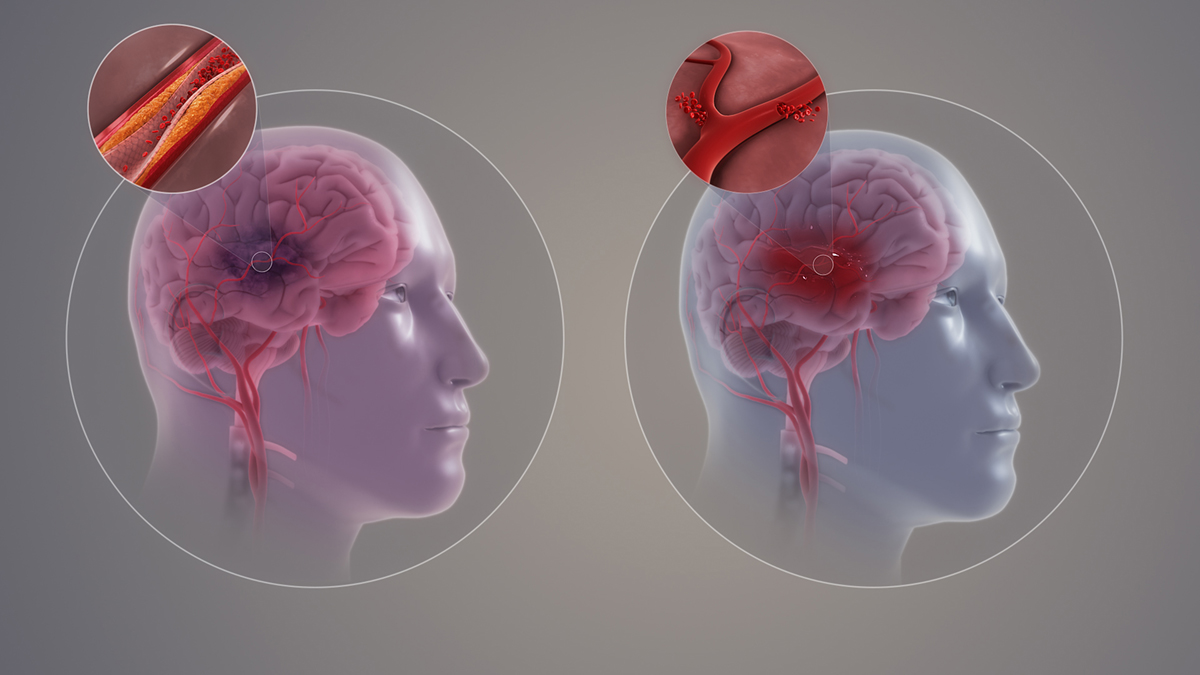
What is a Stroke?
Stroke is the abrupt onset neurological disorder caused by a circulatory disorder in the brain which leads to insufficient supplying certain parts of the brain with oxygen and essential nutrients. Lack of oxygen and nutrients causes damage and atrophy of nerve cells in the affected parts of the brain that is manifested by damaged functions governed by those parts of the brain.Stroke is associated with a very high rate of death. Two thirds of patients who have suffered a stroke behind have varying levels of neurological deficit, while a third of patients are permanently incapacitated and completely dependent on someone else's help.
Causes
Stroke can be caused by a clot that clogs the artery and prevents blood flow through it (ischemic stroke) or rupture of blood vessel and penetration of blood into the surrounding tissue (hemorrhagic stroke).Approximately 85% of strokes are ischemic, which may be due to clot formation in the damaged artery that supplies the brain with blood (thrombosis) or ripping a piece of clot that originated elsewhere (eg, sick heart valves), and travels through blood stream sticking in brain artery (embolism).
About 15% of strokes are hemorrhagic. If the blood is poured from damaged blood vessel into the brain it is about an intracerebral hematoma, and if blood is poured into CSF spaces, then it is a subarachnoid hemorrhage.
The most common cause of brain blood vessels damaging is the atherosclerosis that leads to the formation of deposits of fat, connective tissue, calcium and other substances in the blood vessel wall which causes narrowing and weakening the walls of blood vessels.
Risk Factors
Many diseases, conditions, circumstances, habits and behaviors lead to stroke. Some risk factors such as age, sex and genetic inheritance cannot be influenced, but many risk factors can be monitored in order to reduce their impact on increasing the risk of stroke.Age is a significant risk factor for stroke. Elderly often suffer from a stroke, but even 46% of strokes occur in them most productive age, between the 45 and 59 year of life, which makes the stroke a large health and economic problem.
The best known risk factors that can be influenced are: hypertension smoking heart disease disturbances of heart rhythm (atrial fibrillation) diabetes elevated blood fats significant narrowing of the carotid arteries unhealthy diet stress physical inactivityobesitySome of these risk factors directly increase the risk of stroke while others act indirectly by increasing the tendency to develop diseases that lead to stroke. Detection, elimination or modification of risk factors can significantly reduce the incidence of stroke which has been proven in Western Europe and North America.


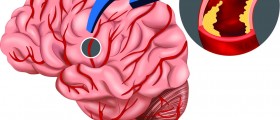




-Disease-Cause-A-Stroke_f_280x120.jpg)

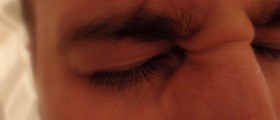

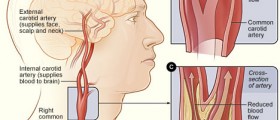

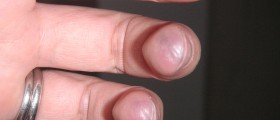

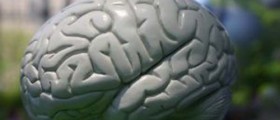

Your thoughts on this
Loading...